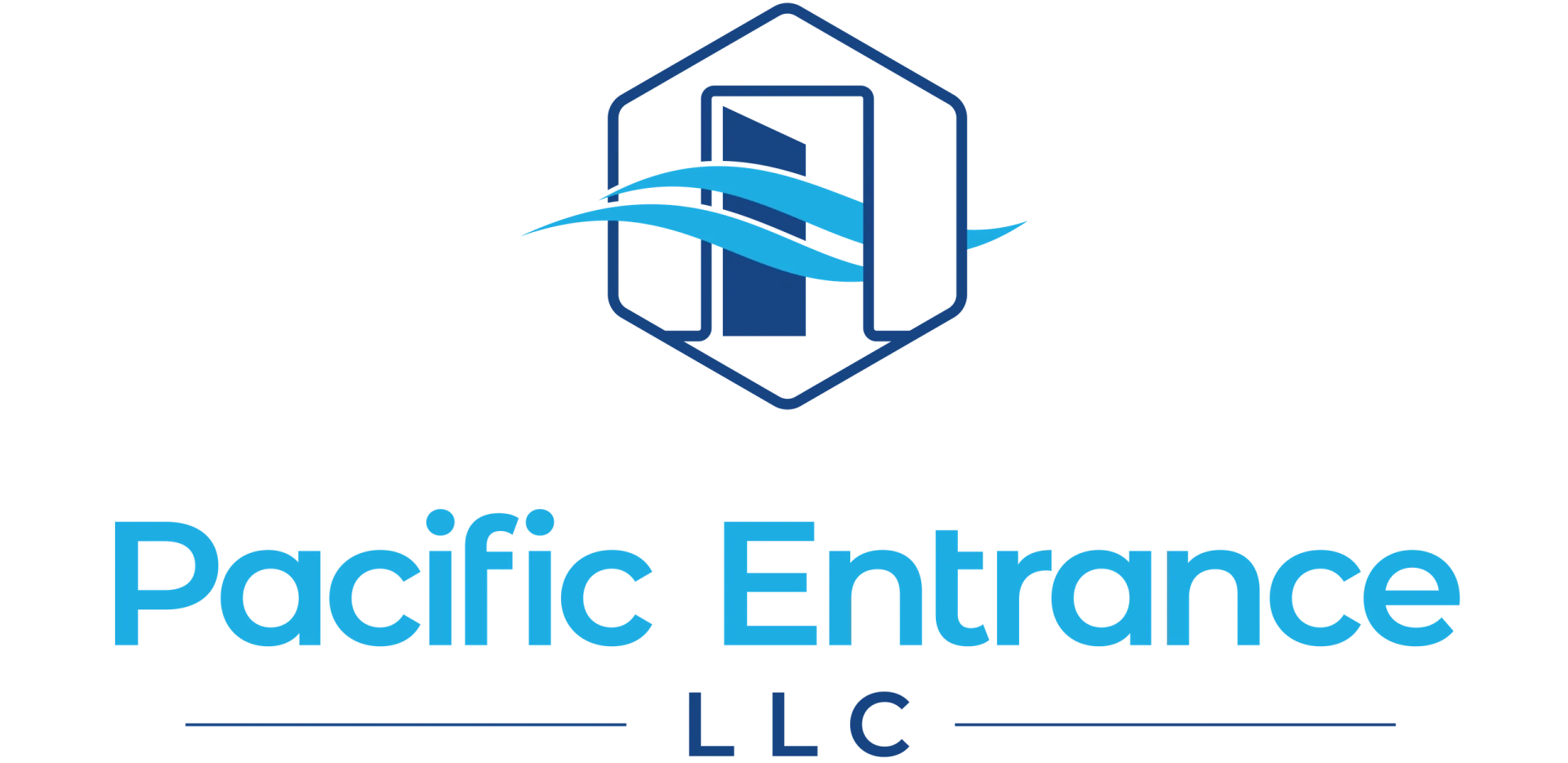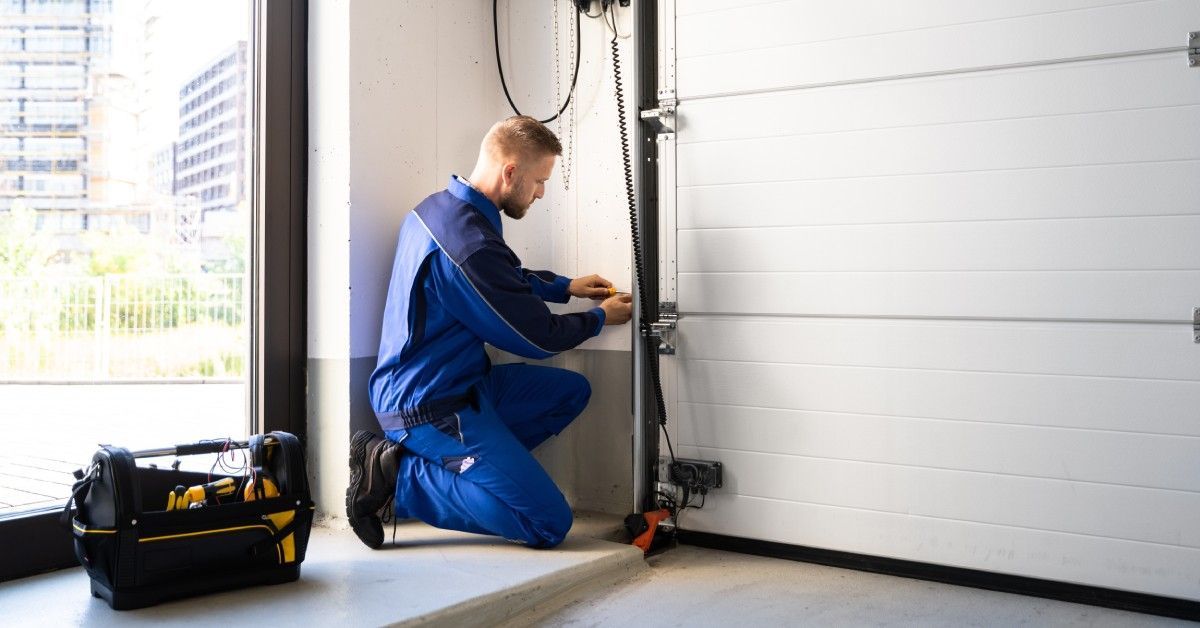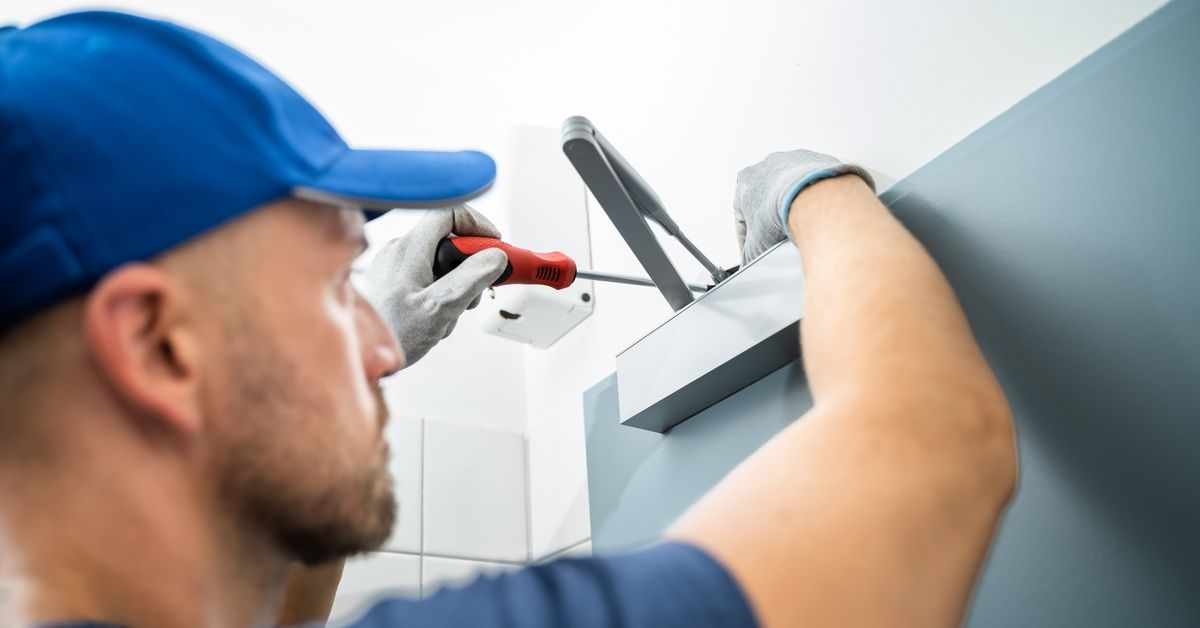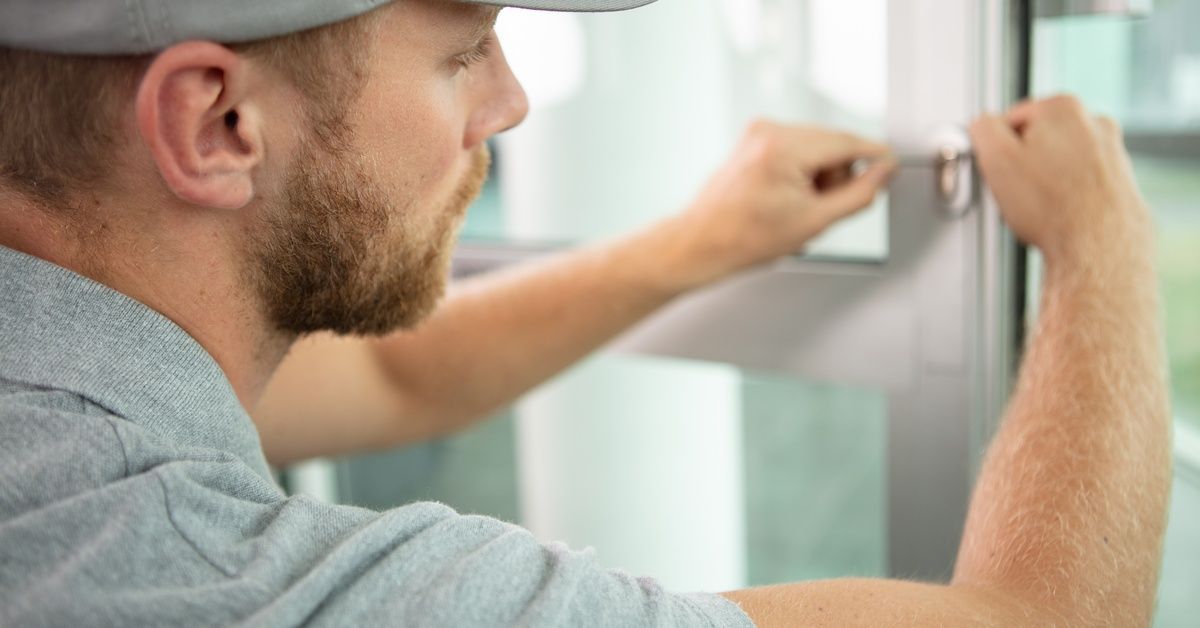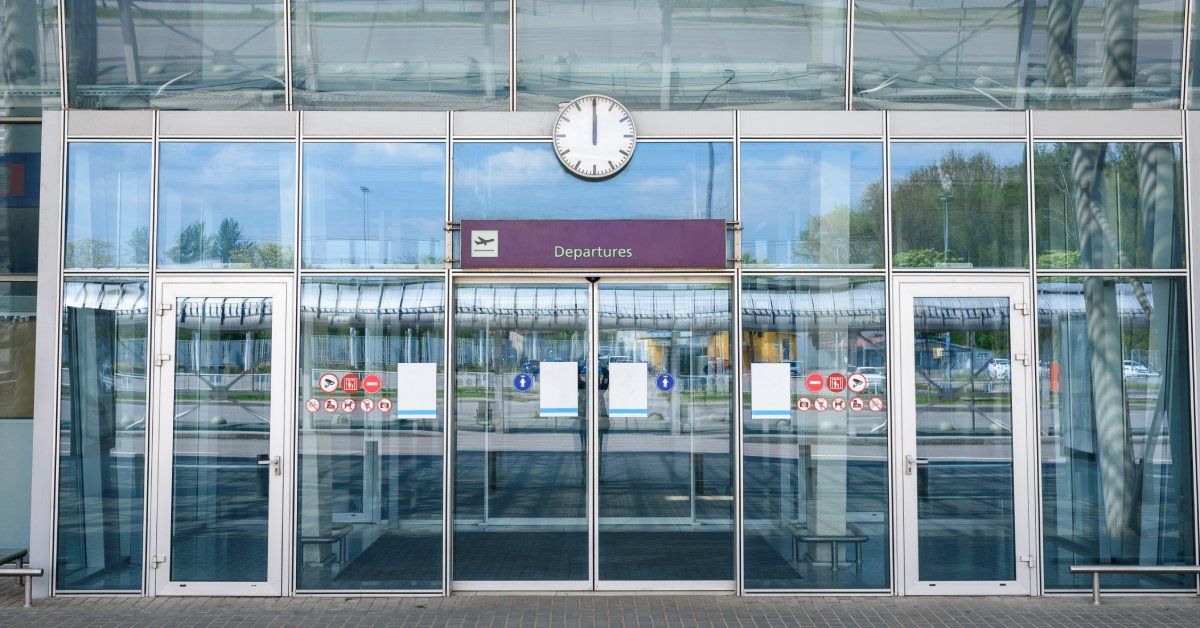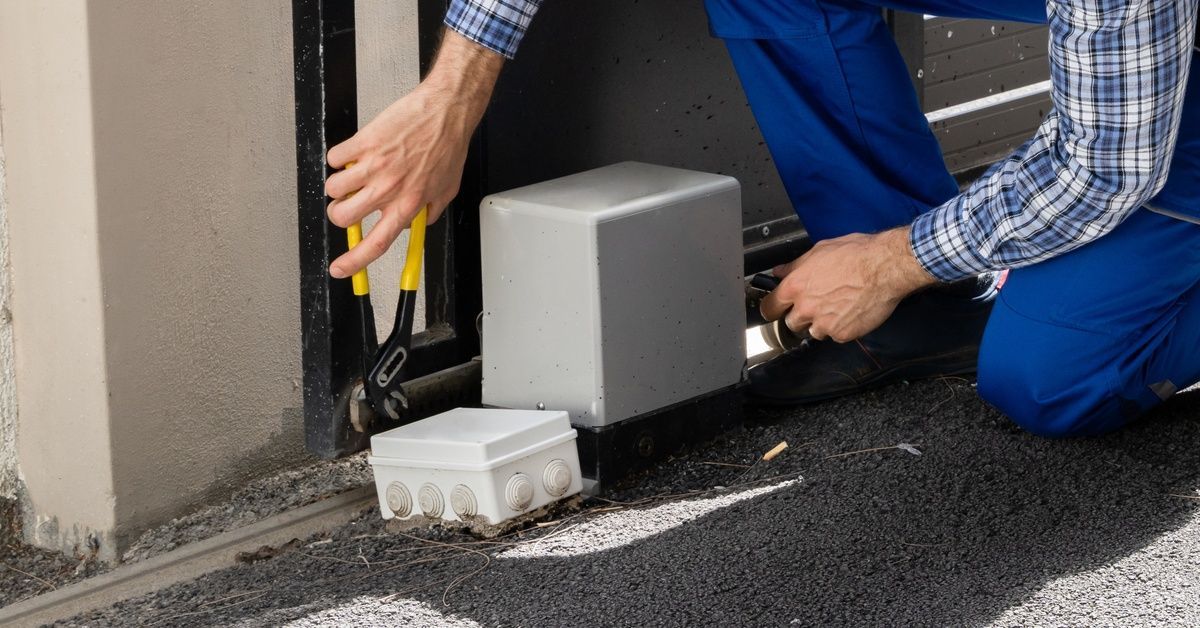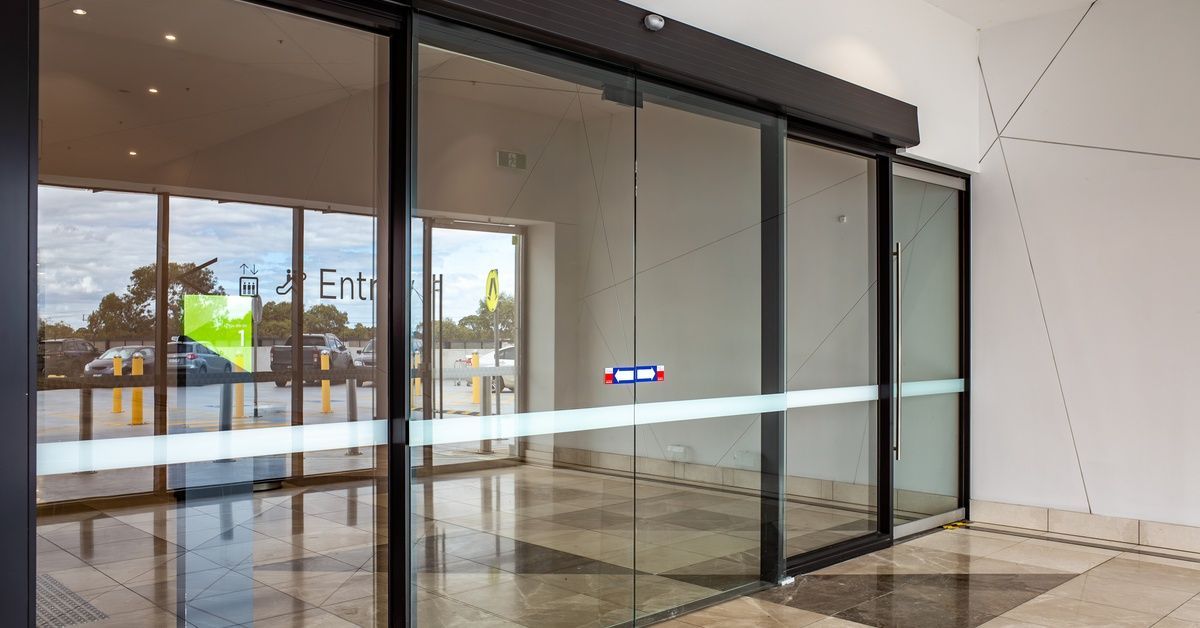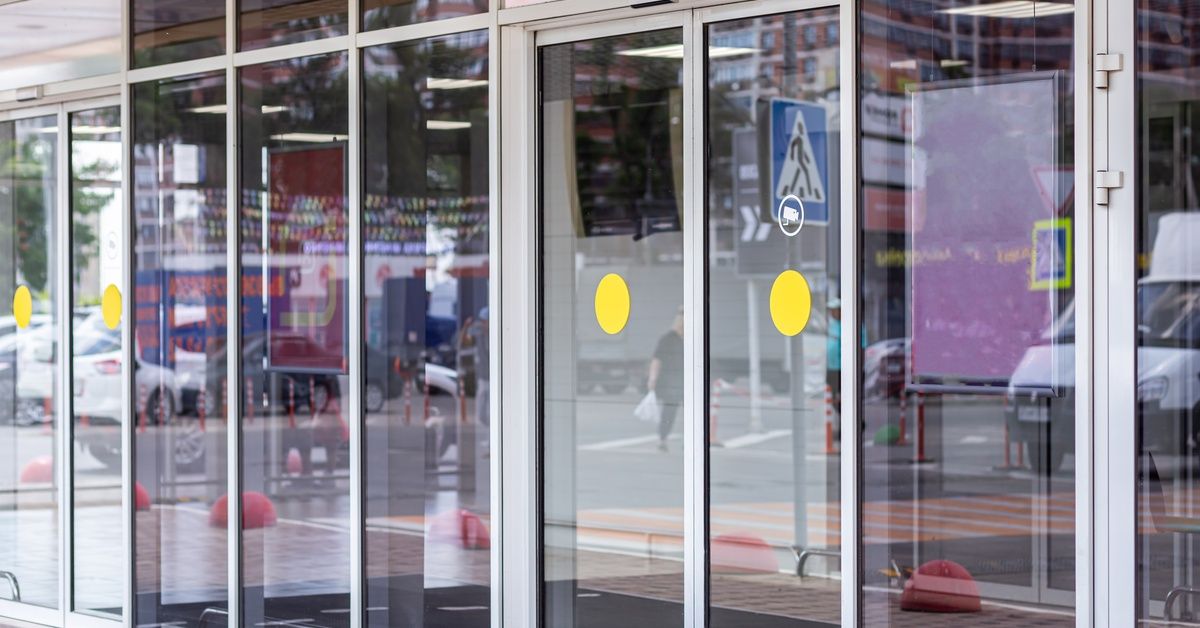When Should You Consider an Access Control System?
When researching how to keep your business secure, the term “access control system” often gets thrown around. But what exactly does it mean, and when should you consider using one?
Let’s examine the basics of access control systems and explore their importance for business owners. We’ll also explain when you should consider using an access control system.
What Is an Access Control System?
An access control system is a security solution designed to regulate who can enter a specific area, whether it’s a building, room, or virtual space. It allows you to manage and monitor access permissions for employees, visitors, and contractors, enhancing overall security and safety.
How Do They Work?
Access control systems typically use several different technology features, such as keycards, biometric scanners, or PIN codes, to authenticate anyone attempting to gain entry. When someone presents their credentials, the system verifies their identity against a database and grants or denies access accordingly. This process happens in real time, providing instant feedback to both the user and the system administrator.
Why Are They Important for Business Owners?
Business owners should prioritize the safety of their premises, employees, and sensitive information. Access control systems offer a proactive way to prevent unauthorized entry and minimize the risk of theft, vandalism, or other security breaches. Additionally, they can tell you who accessed certain areas and the exact moment they accessed them. This level of information is especially helpful in legal situations like investigations or audits.
Should You Implement Access Control in Your Organization?
Implementing an access control system depends on various factors, such as your organization’s size, the nature of your business, and your security requirements. However, in today’s fast-paced and increasingly digital world, investing in robust security measures like access control is often a wise decision. Access control systems provide increased asset protection and instill confidence in your employees and clients regarding their safety.
What Are the Benefits of Having an Access Control System?
Implementing an access control system offers a plethora of benefits for businesses of all sizes, including:
- Enhanced security: These systems significantly reduce the risk of unauthorized entry and potential security threats.
- Improved accountability: Access control systems provide detailed logs of who entered specific areas and when, inspiring accountability and transparency within your organization.
- Flexibility and scalability: These systems are highly customizable and can adapt to your evolving security needs as your business grows.
- Remote access management: Modern access control systems allow you to manage and monitor access permissions remotely, giving you greater control over your security infrastructure.
If you’re wondering when you should consider an access control system for your business, the answer is now. Investing in this technology strengthens your security posture and offers peace of mind knowing your premises and assets have additional protection. So, why wait? Take the first steps toward a safer and more secure environment by implementing an access control system today.
And remember, when it comes to business security, every detail matters—especially regarding your business entryways. Pacific Entrance can install automatic sliding doors that improve accessibility and security for your customers and employees. Contact us today for more information about our installation services.
